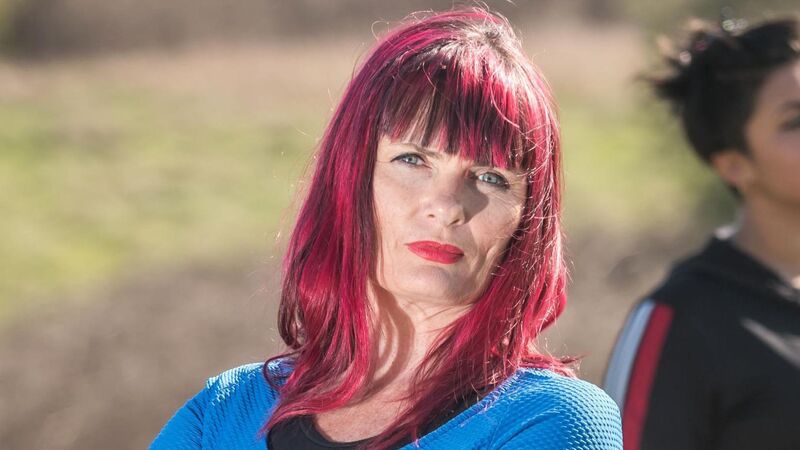Suzanne Harrington: Here's why the March 8 referendum matters - and why voting in it matters

Suzanne Harrington. Picture: Andrew Hasson
Try from €1.50 / week
SUBSCRIBE
Suzanne Harrington. Picture: Andrew Hasson
Here in Britain where I live, my lovely Irish EU passport locked in a bank vault ringed with razor wire and guarded by Cerberus, even hearing the word ‘referendum’ being whispered softly in another room is likely to trigger seizures of PTSD in much of the population.
People falling to the floor, thrashing and foaming, crying out in despair, as they bang their heads against the nearest wall.
Already a subscriber? Sign in
You have reached your article limit.
Annual €130 €80
Best value
Monthly €12€6 / month
Introductory offers for new customers. Annual billed once for first year. Renews at €130. Monthly initial discount (first 3 months) billed monthly, then €12 a month. Ts&Cs apply.
Newsletter
The best food, health, entertainment and lifestyle content from the Irish Examiner, direct to your inbox.

Our team of experts are on hand to offer advice and answer your questions here
Newsletter
The best food, health, entertainment and lifestyle content from the Irish Examiner, direct to your inbox.
© Examiner Echo Group Limited